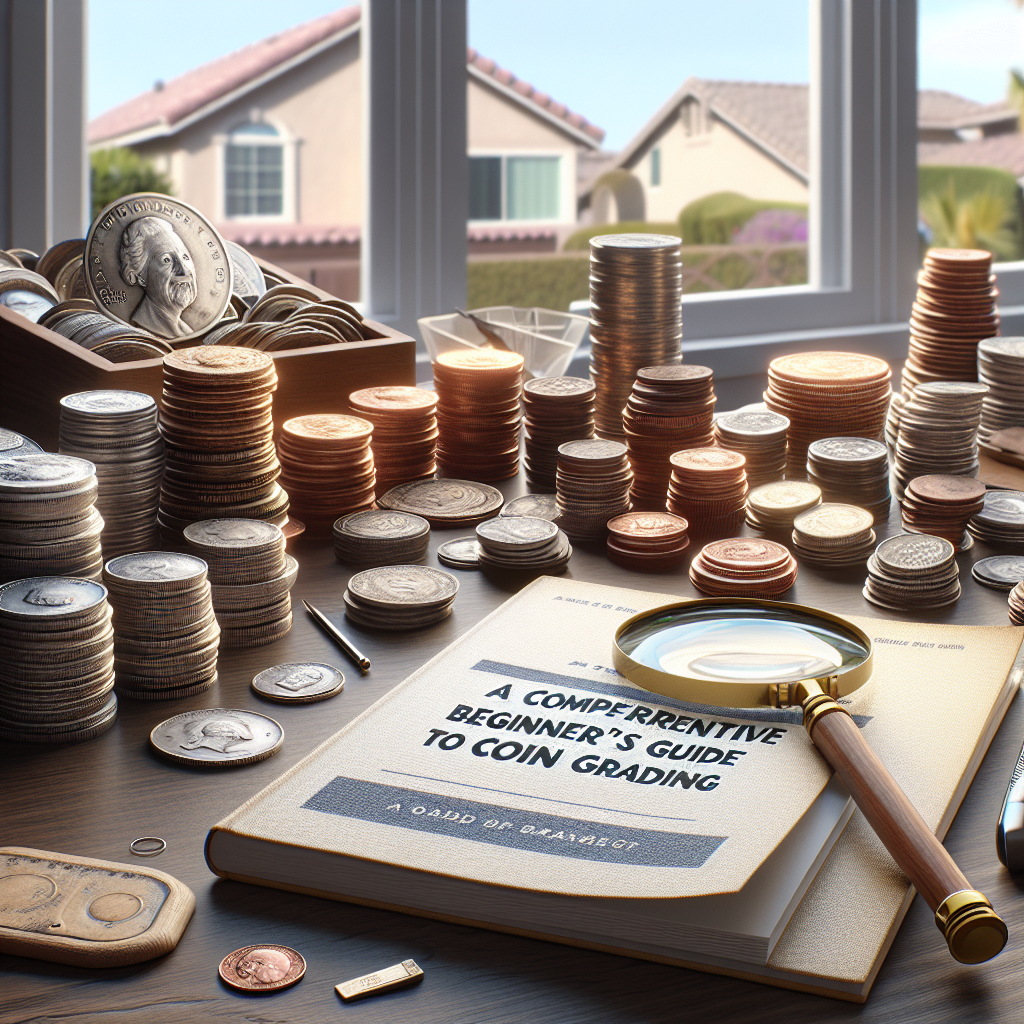

A Beginner’s Guide to Coin Grading for Anaheim Hills Collectors
Understanding the Importance of Coin Grading
As a collector in Anaheim Hills, you may have heard the term "coin grading" thrown around in the world of numismatics. But, what exactly is coin grading and why is it so important? In simple terms, coin grading is the process in which a coin's condition is determined. Just like how diamonds are graded by their cut, clarity, and color, coins are graded based on their wear and overall appearance. Knowing the grade of a coin can greatly impact its value, and as a collector, it's crucial to understand the grading system.
The Grading Scale: From Poor to Perfect
The most commonly used grading scale for coins is the Sheldon Scale, named after its creator, renowned numismatist Dr. William Sheldon. This scale ranges from 1-70, with 1 being a coin that is barely recognizable and 70 representing a flawless, perfect coin. The grade given to a coin is based on a combination of its rarity, condition, and appeal. To accurately assess a coin's grade, expert graders take into consideration the coin's strike, surface preservation, luster, and eye appeal.
Factors That Affect Coin Grading
There are many factors that can affect a coin's grade and ultimately, its value. These include wear and tear from circulation, environmental damage, cleaning or polishing, and even human error during the minting process. As a collector, it's important to understand these factors and how they may impact the grade of a coin. For example, a coin with original surfaces and minimal wear will typically receive a higher grade than a heavily worn or cleaned coin.
The Role of Certified Coin Grading Services
While you may have a good eye for coin grading, it's always best to have your coins evaluated and graded by a professional third-party grading service. These grading services have expert graders who are trained to accurately assess a coin's grade and determine its value. They also provide a certification or "slabbing" service, where the coin is encapsulated in a tamper-proof case and given a unique serial number for authentication. This not only adds credibility to the grade of the coin but also protects it from further damage.
Benefits of Undergoing Coin Grading
For collectors in Anaheim Hills, undergoing coin grading can have many benefits. Firstly, it provides an accurate and objective grade for the coin, which can help determine its value. It also adds authenticity and credibility to the coin, especially if it is a rare or valuable piece. Additionally, coin grading allows collectors to better organize and categorize their collection, making it easier to buy, sell, or trade with other collectors. In conclusion, for collectors in Anaheim Hills, coin grading is a crucial aspect of the hobby that should not be overlooked. It not only adds value to a coin but also helps to preserve its history and authenticity. So if you're just starting out in the world of numismatics, take the time to educate yourself on the grading system and consider having your coins professionally graded. And who knows, you may just uncover a rare gem in your collection that has been hiding in plain sight.





